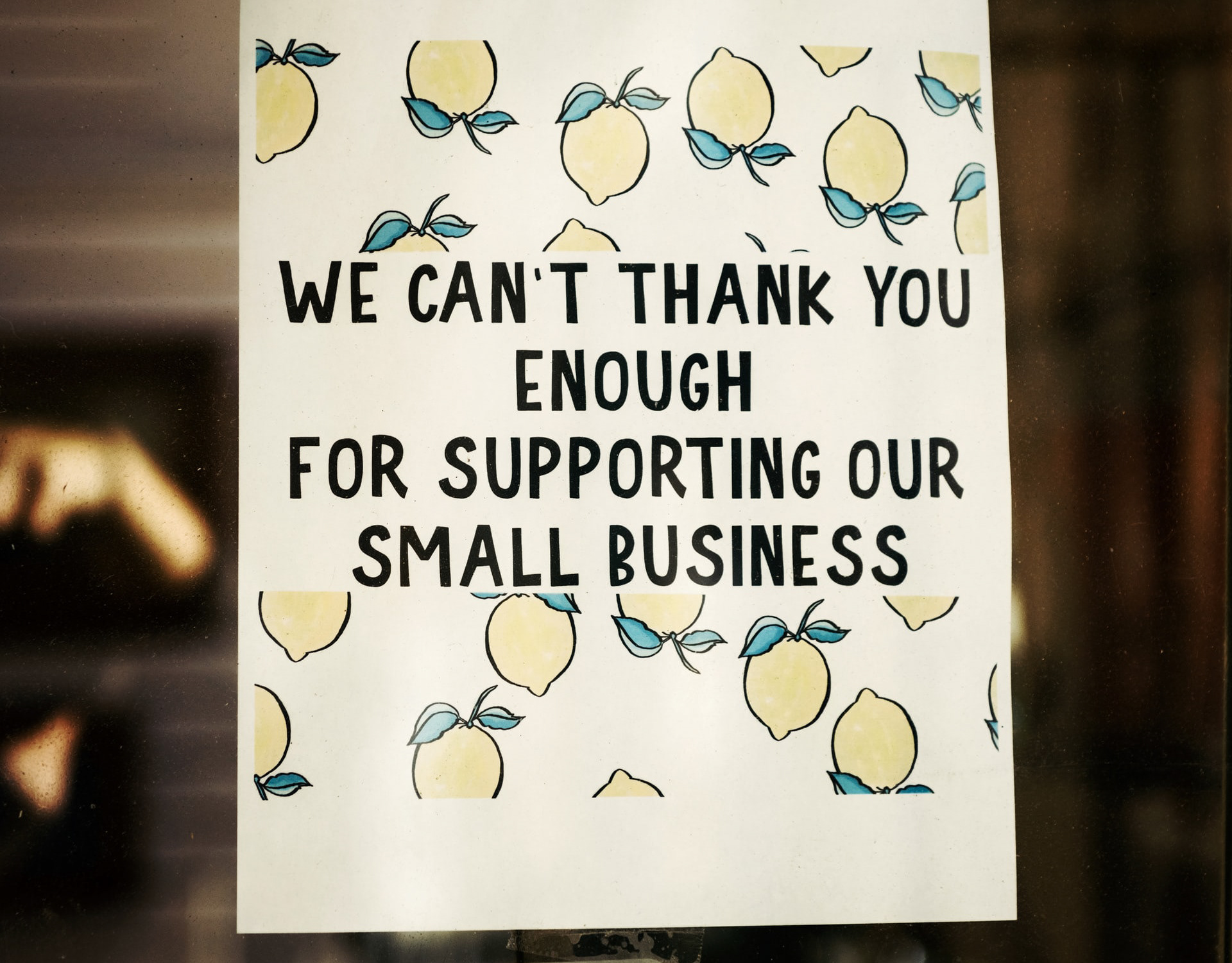New company formations reached record levels in 2020.
The numbers will be confirmed when Companies House data is published by the government at the end of January.
Figures for Q3 of 2020 reported the largest quarter 3 year on year increase – over 30% - since 2012, when quarterly breakdowns were first recorded.
Notwithstanding all the entrepreneurial dreams and working for yourself aspirations treasured by many people, it is not hard to understand the reason for this surge.
Necessity is the mother of incorporation.
Serious economic downturns correlates with significant upturns in the volume of start-ups. This happened after 2000 and 2009. It is happening now.
In fact, there are now over 2,000,000 more businesses today than there were at the turn of the millennium. At the start of 2020, BEIS data reported 6.0 million private sector businesses in the UK. 5.94 million were defined as small (0 to 49 employees) and 36,100 were defined as medium-sized (50 to 249 employees).
This is a precious resource for the UK and UK plc.
The forecast for unemployment outlined in the Spending Review pre-Christmas is quite apocalyptic. “The OBR expects the unemployment rate to average 4.4 per cent across 2020, rising to 7.5 per cent at its peak in Q2 2021. The unemployment rate is then projected to fall to 4.4 per cent by 2025, compared to a pre-crisis rate of 3.8 per cent in 2019. However, under the downside scenario the unemployment rate peaks at a high of 11 per cent in Q1 2022.” These numbers are forecast despite the Government’s “unprecedented” job support measures. Truly scary and quite possibly a threat to the social fabric of the country.
A thriving small business community would mitigate the worse of the economic crisis, helping to revive towns up and down the country. Yet, sadly, small business is still treated as if it is small beer.
The government is pinning its hopes on a Build Back Better Council. Of the thirty strong membership, not one was from or speaks from the perspective of small business. As ever with the powers that be, they are under-estimating the impact and cost effectiveness that “building a nation of small businesses” makes in improving the prospects of both individuals and the economy at large. It is in everyone’s interest that Government supports small business creation and business sustainability.
Not least as all is not a bed of roses in the garden of small business. For all the new business births, The Federation of Small Business is estimating that there could be over 250,000 small business deaths in 2021.
Small businesses are left largely to their own devices. Economists seemingly have embedded the notion of “creative disruption” into a Darwinian survival of the fittest. There is little or no help available to get start-ups up and running and those deemed unproductive (and it always SMEs who are deemed to be unproductive) are written off to meet inevitable and just demises.
Government support for small business has for too long been token, tactical and totally insufficient. Two examples. The government announced £56.5m to expand Start-Up Loans via British Business Bank in 2021-22. Compare this to the £400m investment in the bankrupt satellite firm OneWeb. As part of the BEIS Settlement, the government announced £50.7 million for business support programmes to improve ‘SME productivity through leadership, management, and technology adoption’. Take a minute to watch the programme video. The language reveals the chasm between the worlds of the policy wonk and the reality of SME business practitioners. Frankly, however well intentioned, if this is deemed to be the answer, you worry about the question.
There has been much talk about the pandemic being the disruptive force ushering in the Next Normal, an era of big opportunities. Let’s hope that we are sufficiently inclusive in our thinking to ensure that these big opportunities are not simply for big business.










